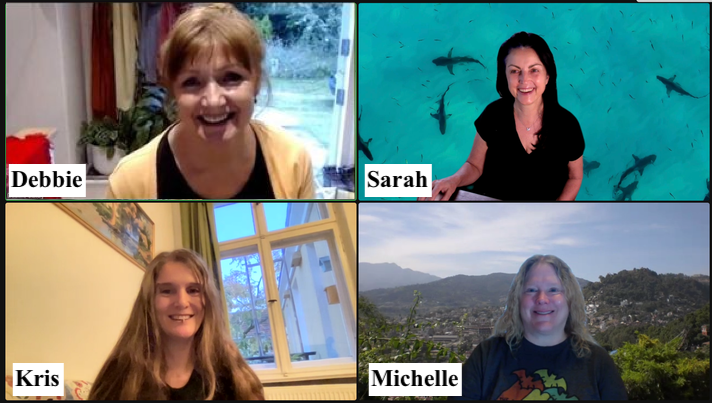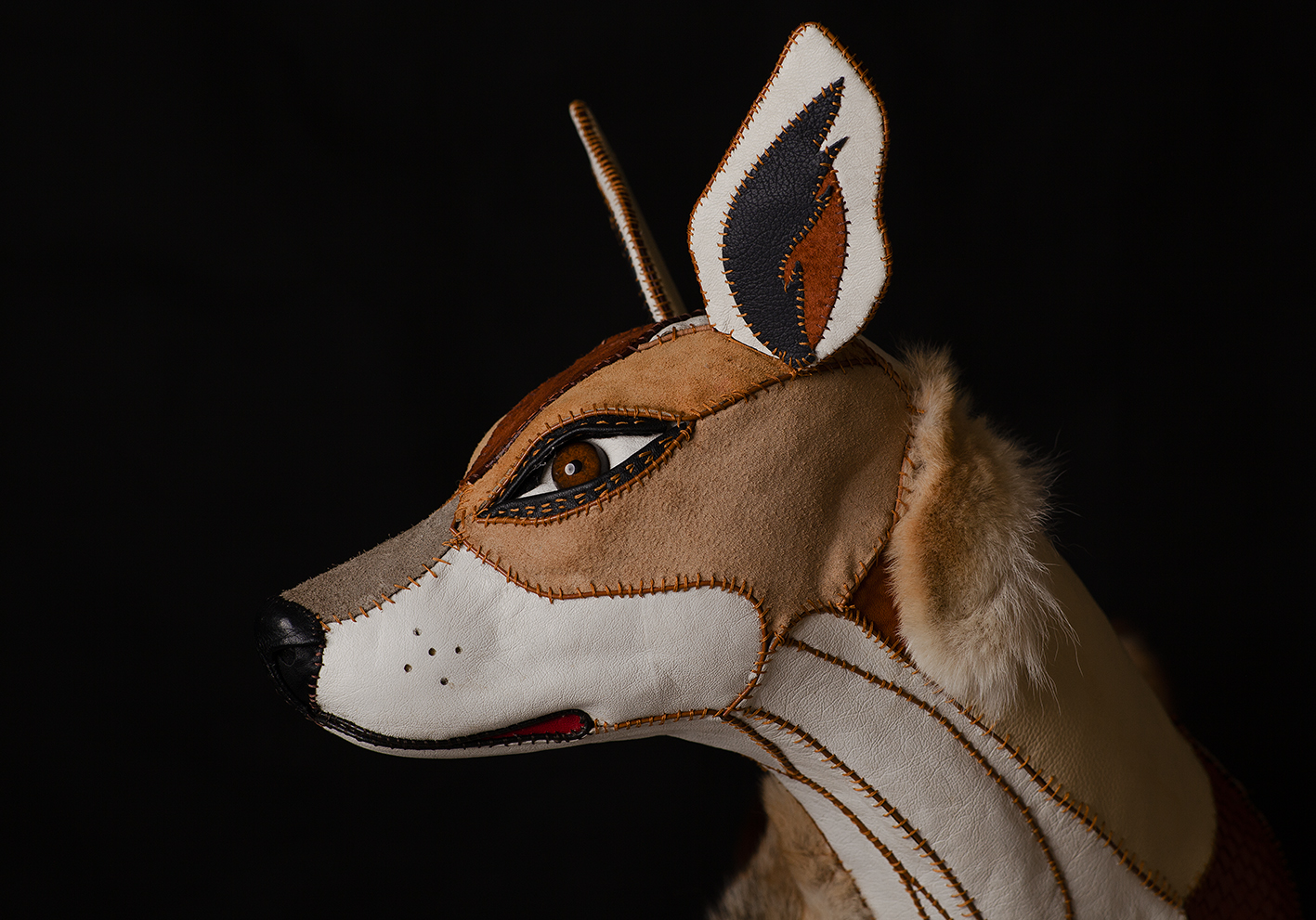Hill, M. Szydlowski, S. Oxley Heaney, D. Busby (2022). ‘Uncivilized Behaviors: How Humans Wield “Feral” to Assert Power (and Control) Over Other Species.’ Society & Animals. https://doi.org/10.1163/15685306-bja10088
What scholarly disciplines are most relevant to this publication?
Our approach to anthrozoology engages with post-humanist ideas that challenge human exceptionalism and anthropocentric assumptions. This paper looks at how language is used as a form of control over other-than-human animal bodies.
How would you describe this work to a non-academic interested in animal advocacy?
We hope to inspire people to consider how their use of words can influence how humans and other-than-human animals are seen, experienced, judged, and treated. Words have power, and the words we choose can do harm to others. For example, in our paper we show how the ‘feral’ prefix is used to portray certain animal groups as transgressive. By degrading and criminalising their existence, the ‘feral’ label causes the lives of animals to be viewed as inherently less valuable.
How do you see your work relating to human-nonhuman relations?
Words matter. Foucault (1972) describes language as a form of societal power, and prior to mass education, gave the wielder power over the masses. Language is a social experience and the meaning of words both shape and are shaped by discourse and shared social encounters. The act of naming objects, concepts, and persons imposes normative definitions of what that label confers. Thus, humans can shape how other animals are perceived, and consequently treated within society.
What are you working on next?
In addition to our independent projects (see websites listed in our individual bios for more information), we are working on several collaborative projects.
Following on from the theme of ‘power words’ (Szydlowski, 2021) we recently published a paper on ‘domestication and domination’ (Szydlowski et al., 2022) and ‘other-than-human animals as immigrants’ (Oxley Heaney et al., 2022). ‘These papers address how humans subject other-than-human animals to varying levels of bodily control (and rights to exist) based upon the words used to describe both individuals and species; such as ‘domesticated’, ‘wild’, or ‘native’.
We are currently collaborating with two other AASA members, Jes Hooper and Tom Aiello, and have additional papers under review. Our ‘Ethics of Privacy and Consent’ paper discusses the unique challenges faced by researchers wishing to truly offer equal consideration to other-than-human research subjects. ‘Bias and Politics’ explores the issues faced by researchers wishing to advocate for their participants of multiple species. We believe such advocacy is possible, while also conducting research with scientific integrity.
Bios
Kris Hill is a PhD researcher studying cat-human relations and discourses surrounding free-roaming cats. She is building the foundations of a new career – either as an academic, educator, or within a non-profit organisation dedicated to improving the lives of animals (including humans who care for animals). https://katzenlife.wordpress.com/
Dr. Michelle Szydlowski’s research focuses on captive elephant and mahout health and welfare in Nepal. She currently serves as the board chair of The Katie Adamson Conservation Fund and on Stand Up 4 Elephants’ advisory team. Find her at internationalelephants.org.
Sarah Oxley Heaney is an Anthrozoology PhD student with the University of Exeter and has based her PhD project ‘Kissing Sharks’ around her passion for sharks and the ocean. She is also an activist-researcher for abandoned animals, and her anthrozoology Masters dissertation focused upon reasons given for, and factors affecting, abandoned cats in Saudi Arabia. https://www.kissingsharks.com/
Debbie Busby is a PhD researcher, clinical animal behaviourist and psychotherapist currently studying horse-human relationships at Manchester Metropolitan University in the contexts of training, wellbeing, and social licence to operate. She lectures in animal and human behaviour change at a number of universities and supervises Masters students and behaviour practitioners in the same areas. She has published two books on equine behaviour and is working on a third. www.animalbehaviourclinics.com



